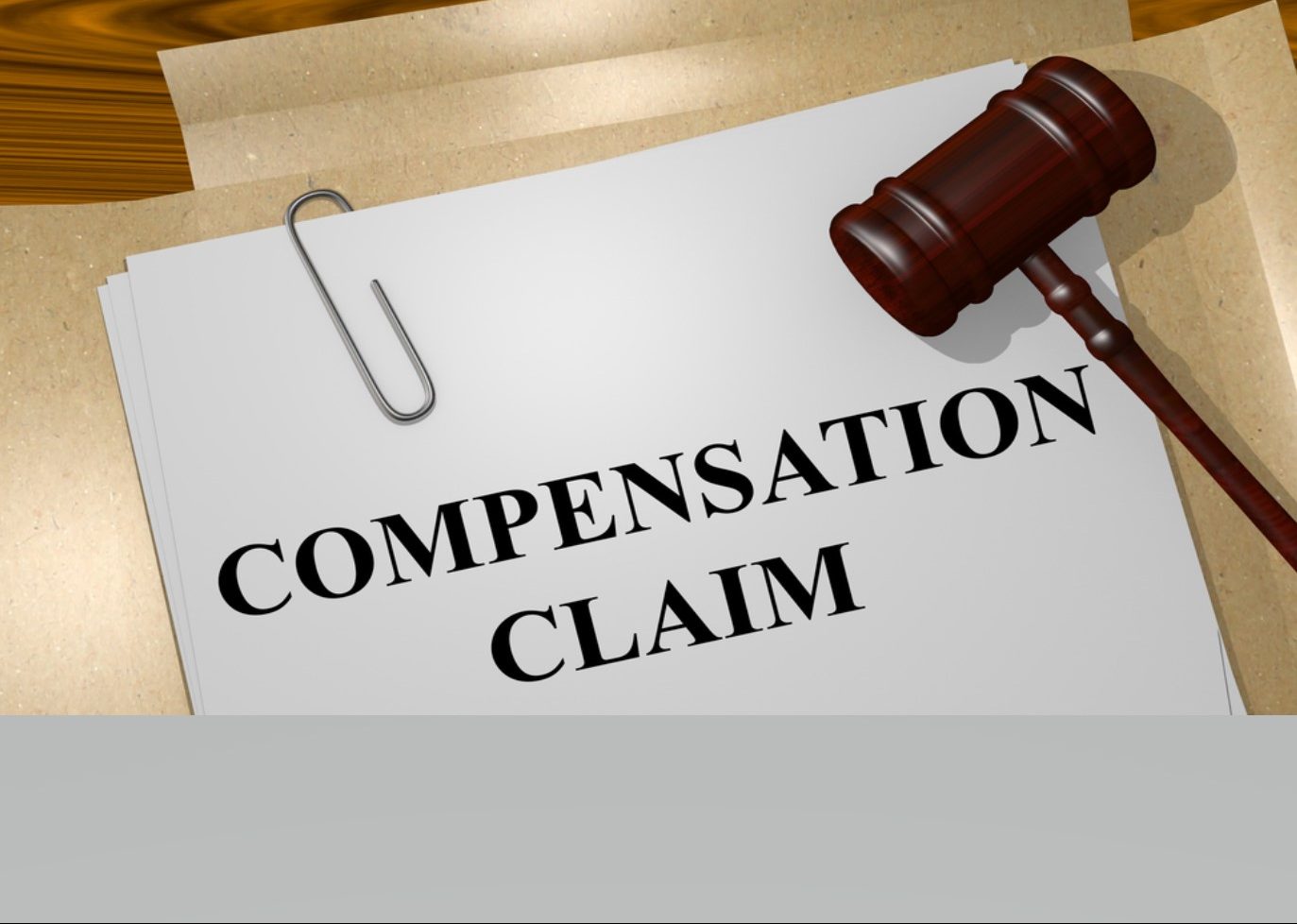Being injured due to an accident or negligence can be a traumatic experience. Not only do you have to deal with the physical pain and emotional distress, but you also have to navigate the complicated process of seeking compensation for your injuries. It can be overwhelming and confusing, especially if you are unsure of your rights and what steps to take. This guide will provide you with valuable information on how to ensure you get the compensation you deserve.
1. Understanding Your Rights
Know Your Legal Rights
- As a victim of an injury due to someone else's negligence, you have the legal right to seek compensation for your damages.
- Understanding the laws surrounding personal injury can help you navigate the legal process more effectively.
Consult with a Personal Injury Attorney
- An experienced personal injury attorney can help you understand your rights and options for seeking compensation.
- They can provide valuable legal advice and representation to help you secure the compensation you deserve.
2. Documenting Your Injuries
Keep Detailed Records
- Document all medical treatments, including doctor visits, prescriptions, and rehabilitation therapies.
- Take photos of your injuries to provide visual evidence of the extent of your damages.
Obtain a Medical Report
- Ask your healthcare provider to provide a detailed medical report outlining your injuries, treatments, and prognosis.
- This report will be crucial in proving the extent of your damages when seeking compensation.
3. Seeking Compensation
Filing a Claim
- File a claim with the at-fault party's insurance company to seek compensation for your damages.
- Provide all documentation and evidence to support your claim, including medical records, witness statements, and photos of the accident scene.
Negotiating a Settlement
- Work with your personal injury attorney to negotiate a fair settlement with the insurance company.
- Do not accept any settlement offers without consulting your attorney first to ensure you are receiving the compensation you deserve.
4. Understanding Compensation Types
Compensation for Damages
- Compensation for your injuries may include medical expenses, lost wages, pain and suffering, and property damage.
- Understanding the types of damages you are entitled to can help you build a strong case for compensation.
Punitive Damages
- In cases of extreme negligence or intentional harm, you may be entitled to punitive damages in addition to compensatory damages.
- Your attorney can help you determine if punitive damages are applicable in your case.
5. Going to Court
Filing a Lawsuit
- If a fair settlement cannot be reached through negotiations, you may need to file a lawsuit to seek compensation through the court system.
- Your personal injury attorney will guide you through the legal process and represent you in court.
Court Proceedings
- During court proceedings, both parties will present evidence and arguments to support their case.
- A judge or jury will then determine the outcome of the case and the amount of compensation you are entitled to receive.
6. Conclusion
Seeking compensation for your injuries can be a complex and daunting process, but with the right guidance and support, you can ensure that you receive the compensation you deserve. By understanding your rights, documenting your injuries, seeking compensation, and, if necessary, going to court, you can increase your chances of a successful outcome. Remember to consult with a personal injury attorney to receive the expert legal advice and representation you need to secure the compensation you are entitled to.
